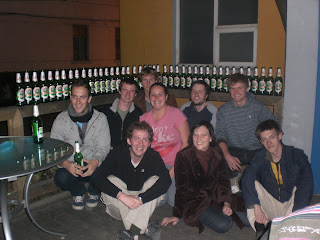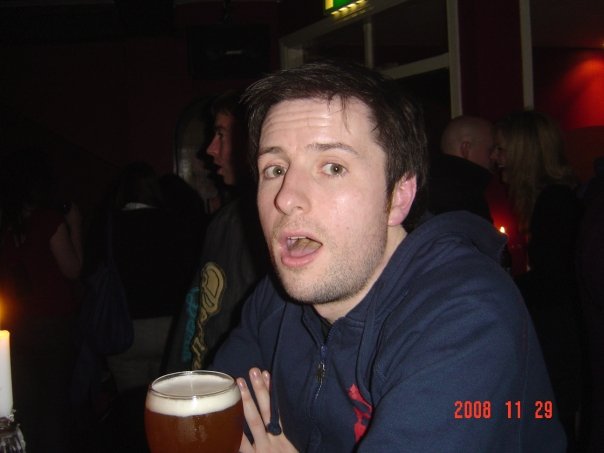Switching from big-city China (too much to see with not enough time) to miniscule Luotiancun (too little to see with too much time) had a similar effect. I had to slow my brain down to the pace of life I found myself in. After we had sorted our accommodation, we went for a stroll around the village.

After an hour of curious observation, both from us and the locals we came across, we had seen everything there was to see. Freed from the sightseeing pressure that we had grown accustomed to, there was nothing to do but relax and enjoy the snail’s pace.
The scenery surrounding the village was a much needed break from concrete and glass, though the most memorable things about our time here were interacting with the locals whilst living the same way and doing the everyday things just like they did. Our toilet was communal, shared with numerous other households in our vicinity, and consisted of no more than a small shed with a narrow gap in the concrete floor to squat over. Only a few days before, I encountered the most advanced toilet I had ever seen - toilets providing excellent evidence of the huge contrast between city and rural life in China.
Having a shower was the most fun though, with the following routine:
- Go to shower room to collect bucket.
- Bring bucket to village well to fill with water.
- Return to shower room with bucket.
- Use bucket to wash yourself.
With the well and the shower room a couple of minutes walk from each other, it was definitely the most unique shower routine of my trip.

By the third day I’m certain the whole village had a name for each of us. We were different, but never felt like outsiders, being greeted with smiles wherever we wandered. I grew up in a small town, so perhaps this is one reason why I felt so at home here, so at ease.
Our host, who someone soon nicknamed “hostel mama” (I can’t remember who came up with that), cooked us a delicious dinner on a couple of occasions, but we also tried out the local restaurants. Some of the most memorable interactions with the locals were had here, where, with no menu to speak of, and no common language, ordering ended up with visits to the kitchen to point at ingredients.

With my charades experience finally proving useful, we had to mime how we wanted it cooked too - although at times it proved near impossible to convey to them that we wanted our noodles fried. At one meal Kaisa even supervised the whole cooking process, to make sure they cooked it the way we (she) wanted - though being a passionate fan of cooking herself, I think this was more for her own enjoyment. She cracked the whip quite well, as the subsequent meal was the best we had in our time in the village.
Of course, with the five of us together, there were many many games of bullshit and many beers had too. Somehow it always ended up with Fred and myself retrieving the beer, and we stayed loyal to a single shop for most of our brew supply. The kindly woman that owned the establishment sold more beer in three days than she probably had sold in the previous year - having to restock numerous times, she probably installed a new kitchen in her house after our visit.

Alas, all good things must come to an end, and the picture above is from the very last game of bullshit. Our plans too divergent, we would have to split back into the groups of two and three that we were before that night in Shanghai. We had made the first truly great friends of the trip.

The possibility of meeting Fred again in Vietnam was there, so that made it easier, though we didn’t know if we’d ever see Kaisa again. Such is life on the road. This was more difficult for Gearoid, for whom romance had sprung up with Kaisa. Would they ever see each other again? To find out, you’ll just have to keep reading.




















